The trouble with using spaces in names (whether filenames, variable names or something else) is that you need to have some other mechanism for determining what is part of this name and what is part of the next section of code. Your sample looks like a form, so that has it's own formatting and structure.
SQL does allow you to "quote" variable names with either [name with space] or with backticks `name with space`.
Most other languages do not allow spaces in variable names, because any whitedspace is considered a separator for different lexical unit [different name/word/variable]. There is no way you can change this, as it would alter the meaning of "normal code". Most languages do allow/use _ as a "space in names" character.
Of course, if you have "variables" that are your own construct, read from for example a database or file, you can use your own syntax, and use for example std::map<std::string, sometype> or std::unordered_map<std::string, sometype> to connect the string from your data to the corresponding value.
 .
.